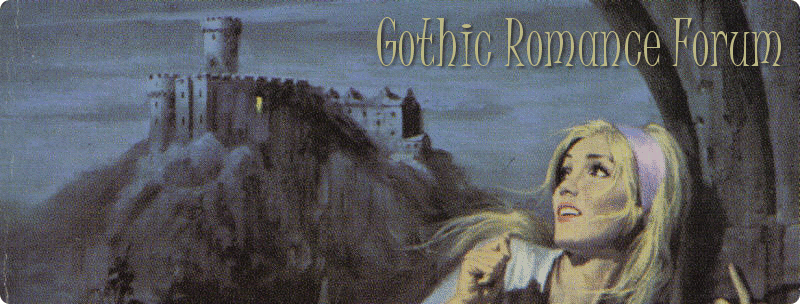01-13-2008, 05:14 PM
MysteryMind Wrote:It seems we agree on that point. How about how religion affects or influences certain characters in the book: Mr. Brocklehurst, Helen Burns, Jane Eyre, St. John, Edward? (I can't think of anyone else in the book who referred to religion.)
I'll start with Brocklehurst: What a pompous ass! He reminds me of several characters from Dickens' novels. He is blind to his own and his family's faults and uses God to instill fear into others. Or perhaps he likes to attribute his own sins to others. You can see how stupid he was when he asked his son whether he wanted the nuts or a passage of the Psalms, and when his son answered that he wanted the Psalms, he was rewarded with the nuts. I think his family knows how to manipulate him.
Mr. Brocklehurst is definitely one of the villains in the book. He is a hypocrite and a cruel man. He submits the girls to starvation and sickness in the name of "religion" even though his own family is not subjected to the same standards. This is a man like too many in the world today who use religion for their own ends and pick and choose those parts of the Bible that suit their purposes. Even though I am not a believer, I think that Miss Temple was the real "Christian" in the school because of her compassion and kindness. She is the one who "tamed" Jane, not Brocklehurst and his sadistic methods.
As for Helen, while I liked her (how can you not?) her blind adherence to religion frustrated me. I understand there was little she could do to change her situation, but she was so passive and meek. She was a saint and welcomed her punishments. I suppose she was the Christ-like figure that we are supposed to emulate, but Charlotte Bronte doesn't really revisit the character after her death. She doesn't serve as a role model for Jane for the rest of the book. In fact, the adult Jane's behavior is very un-Helen-like.
Remember too that 1 or 2 of Charlotte's sisters died at an institution like Brocklehurst's which would explain the deep anger I at least feel in the passages.



